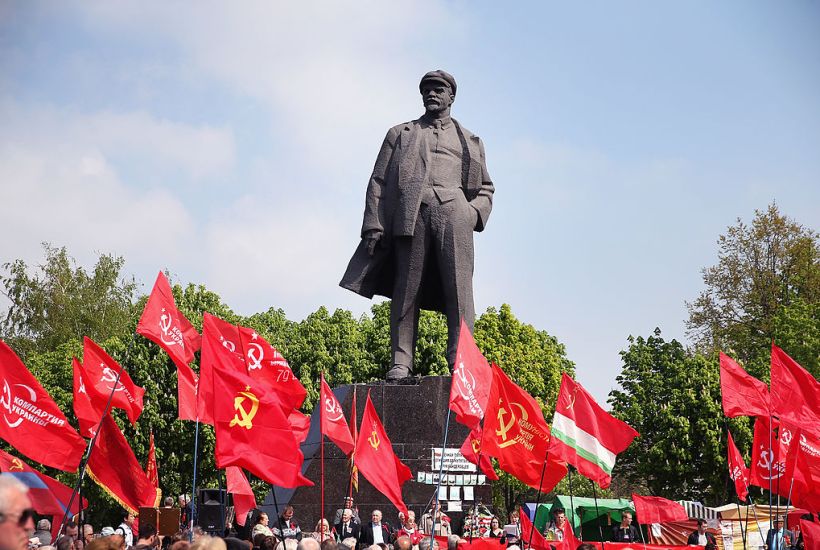Today is the centenary of Vladimir Lenin’s death. His Moscow funeral was marked by official communist solemnity, as if a messiah had come and departed. Trams and buses were halted and boats were tied to mooring posts. Factory whistles were sounded at the moment when his corpse, not yet embalmed for the mausoleum that stands today on Red Square, was lowered into the ice-cold earth.
Already a subscriber? Log in
Subscribe for just $2 a week
Try a month of The Spectator Australia absolutely free and without commitment. Not only that but – if you choose to continue – you’ll pay just $2 a week for your first year.
- Unlimited access to spectator.com.au and app
- The weekly edition on the Spectator Australia app
- Spectator podcasts and newsletters
- Full access to spectator.co.uk
Or




















Comments
Don't miss out
Join the conversation with other Spectator Australia readers. Subscribe to leave a comment.
SUBSCRIBEAlready a subscriber? Log in